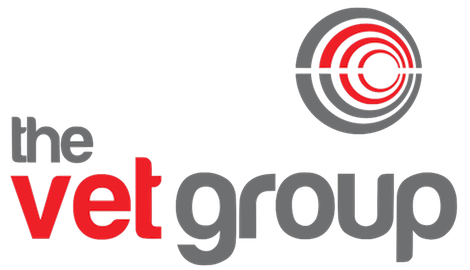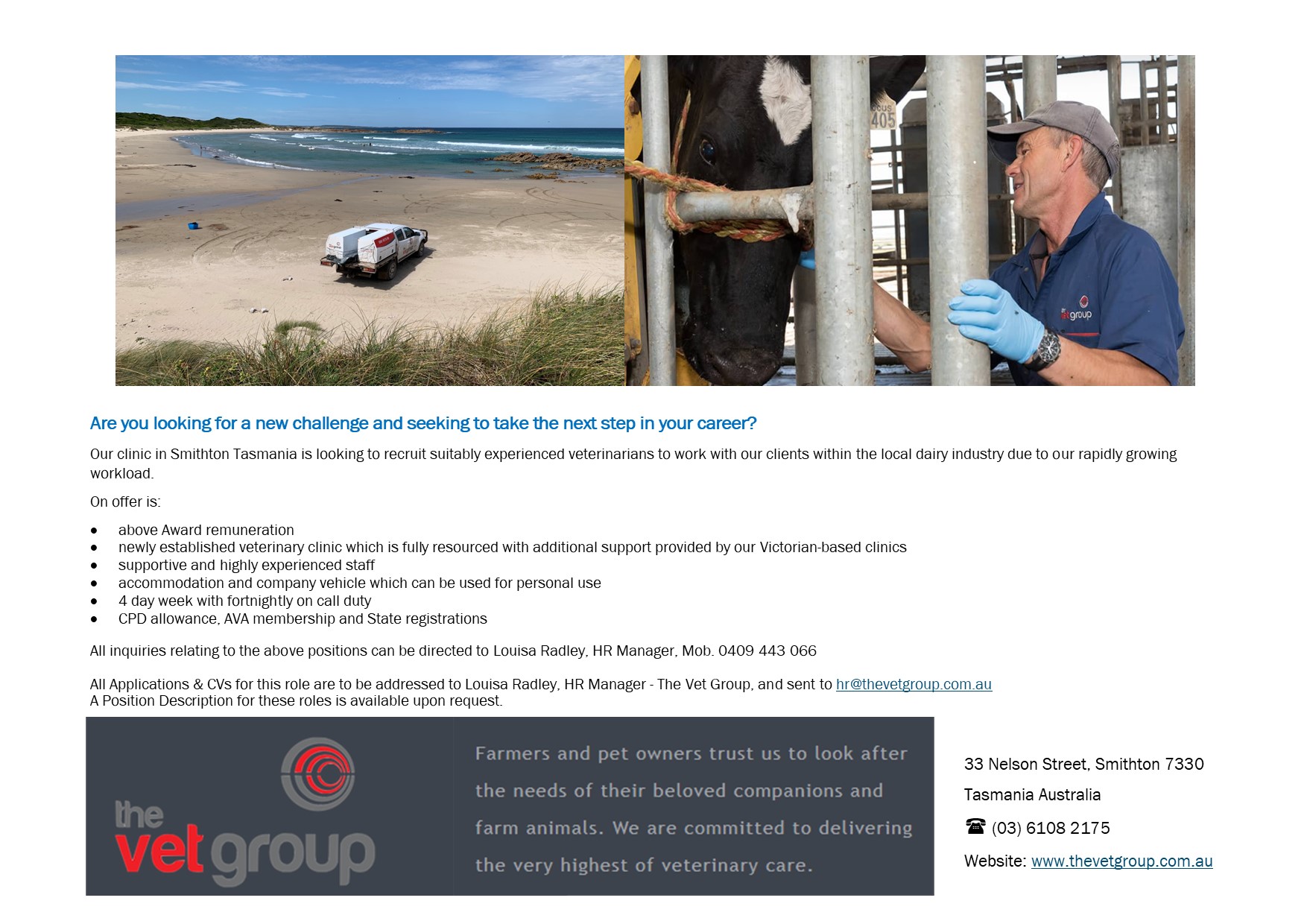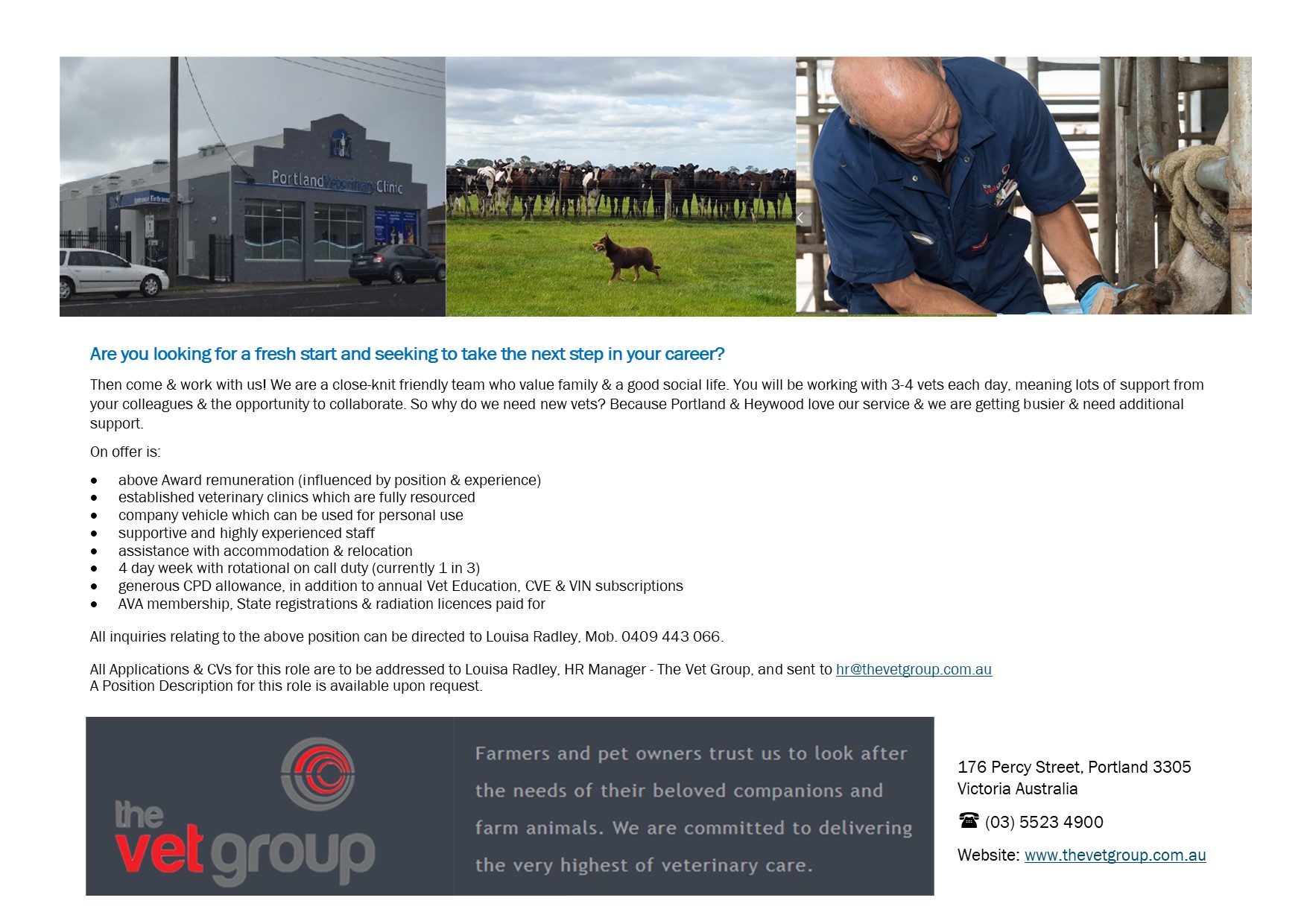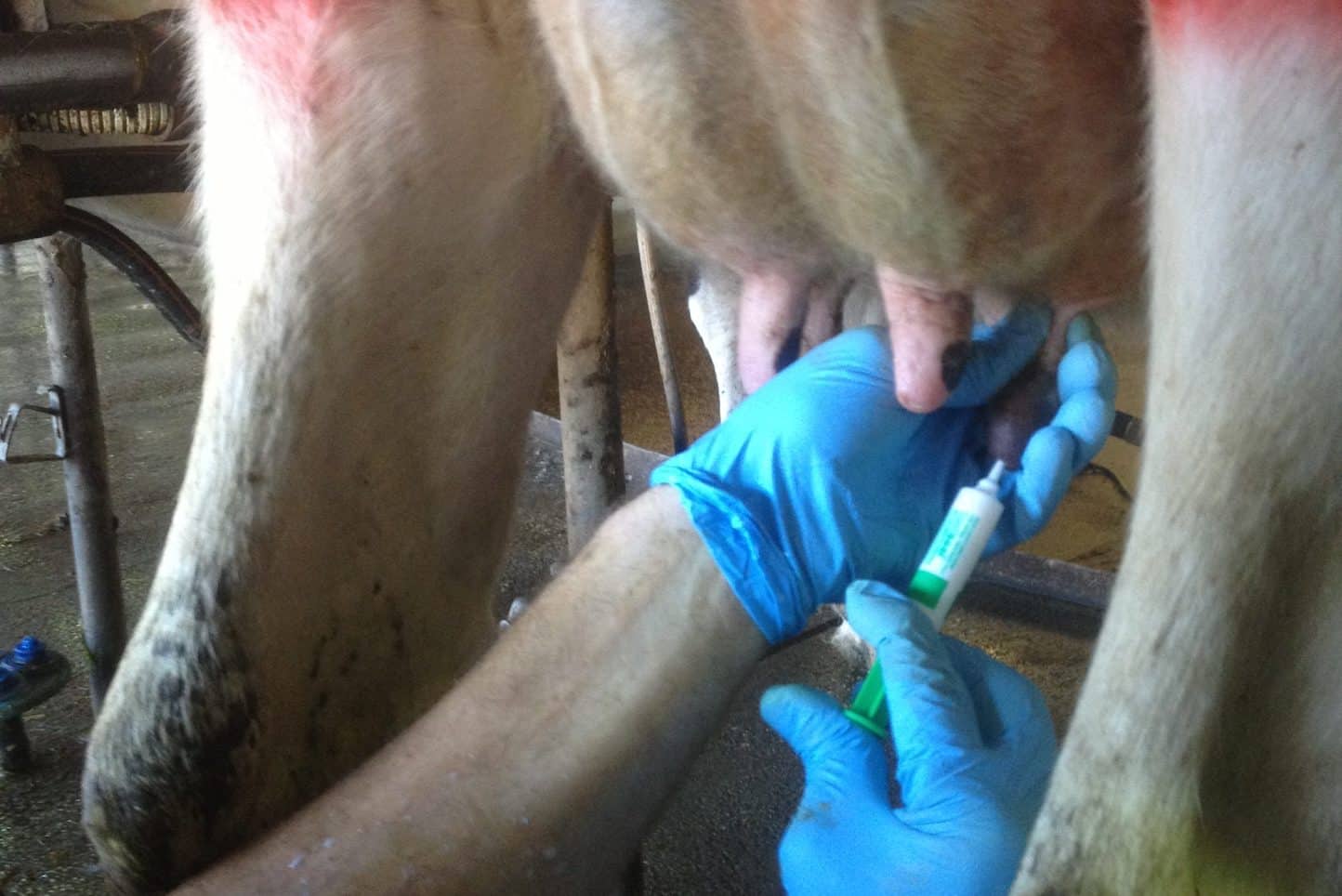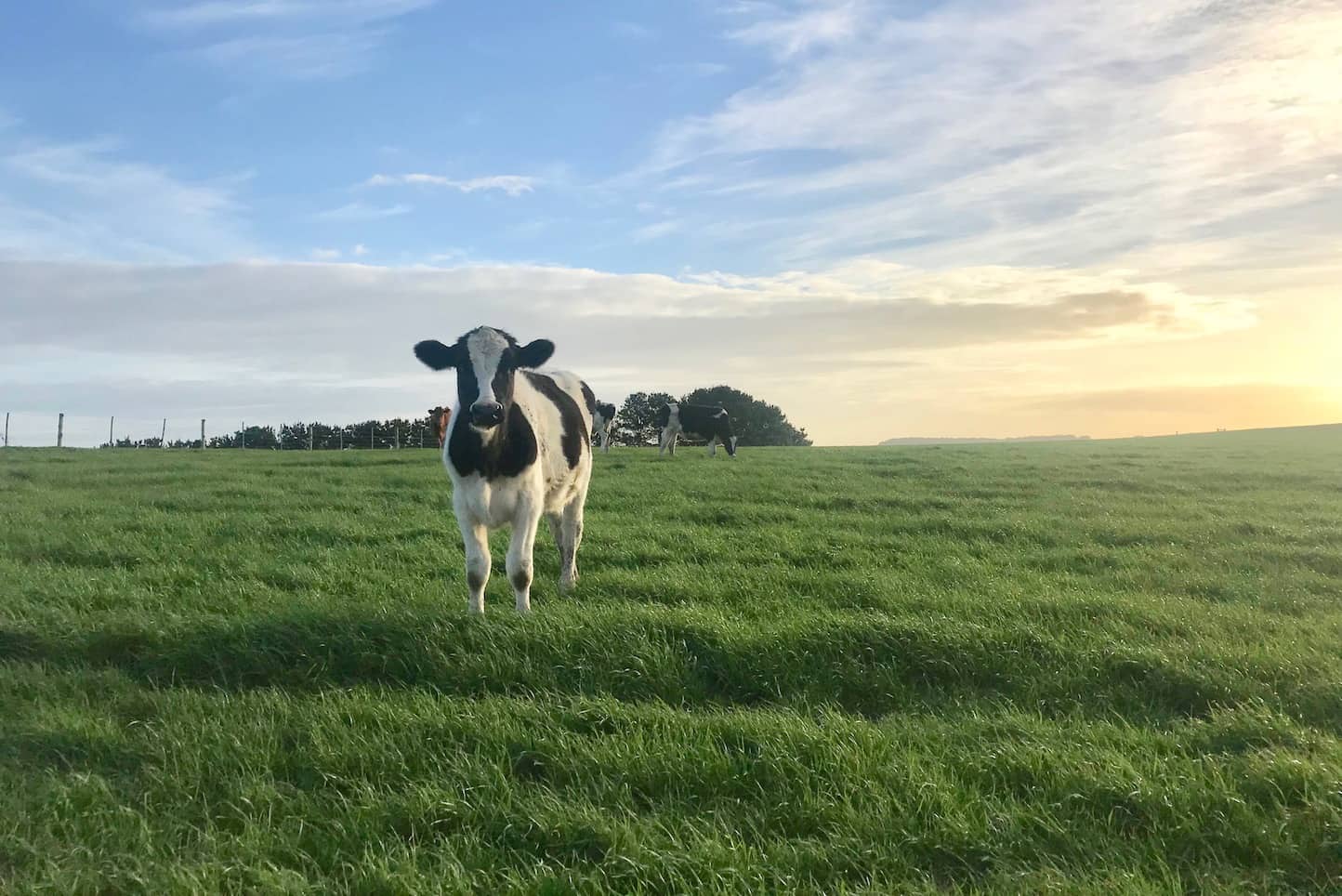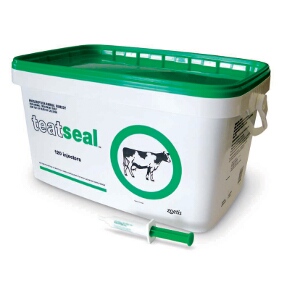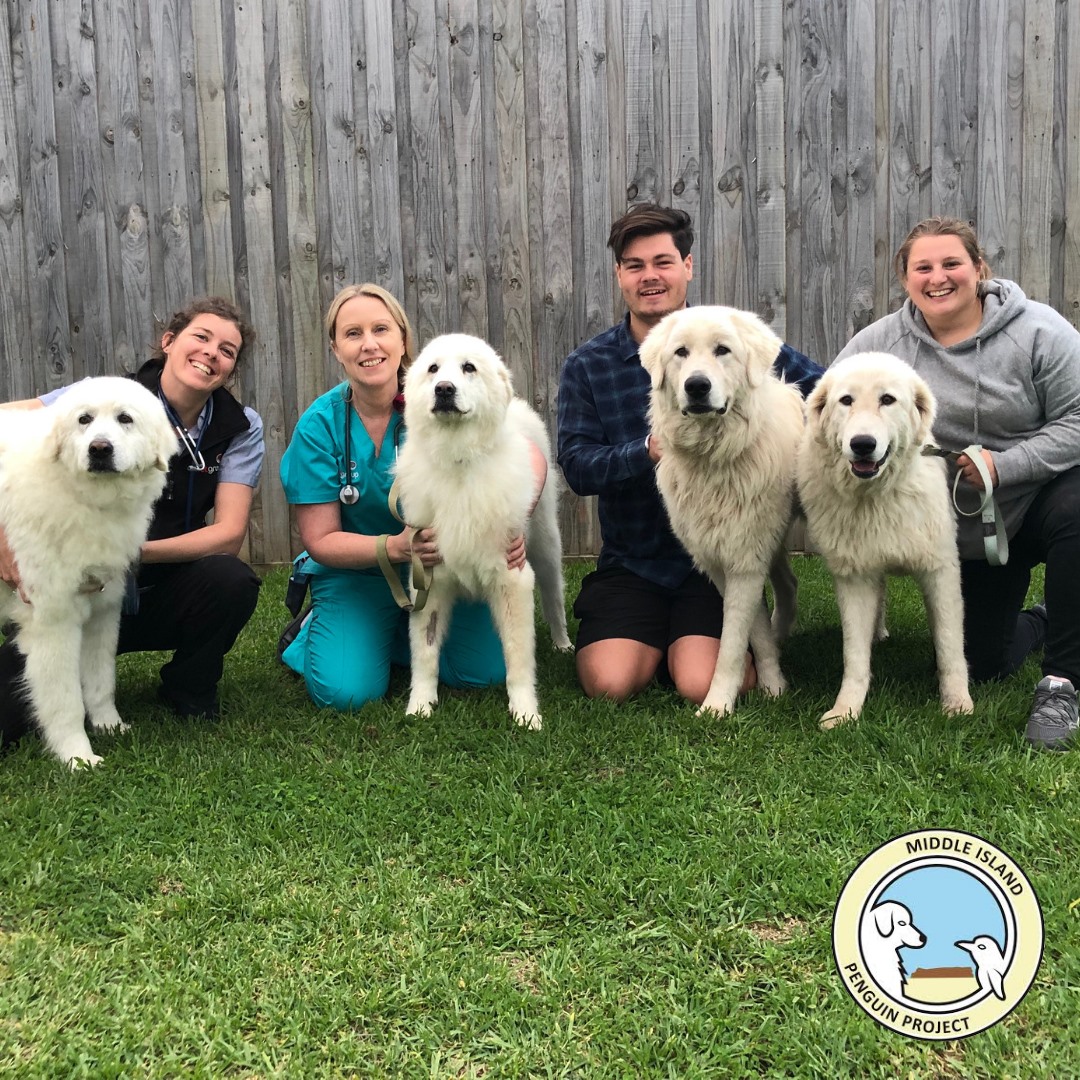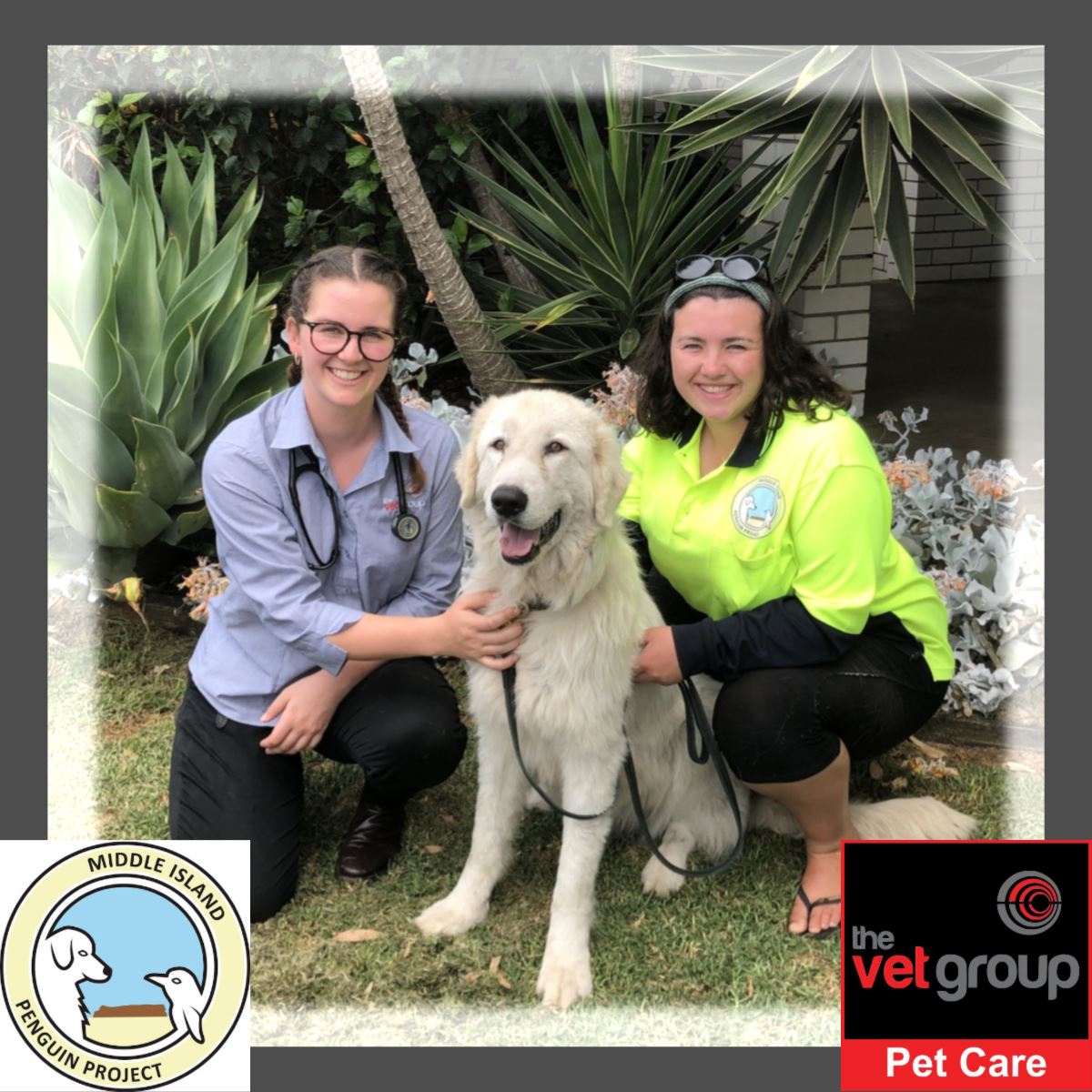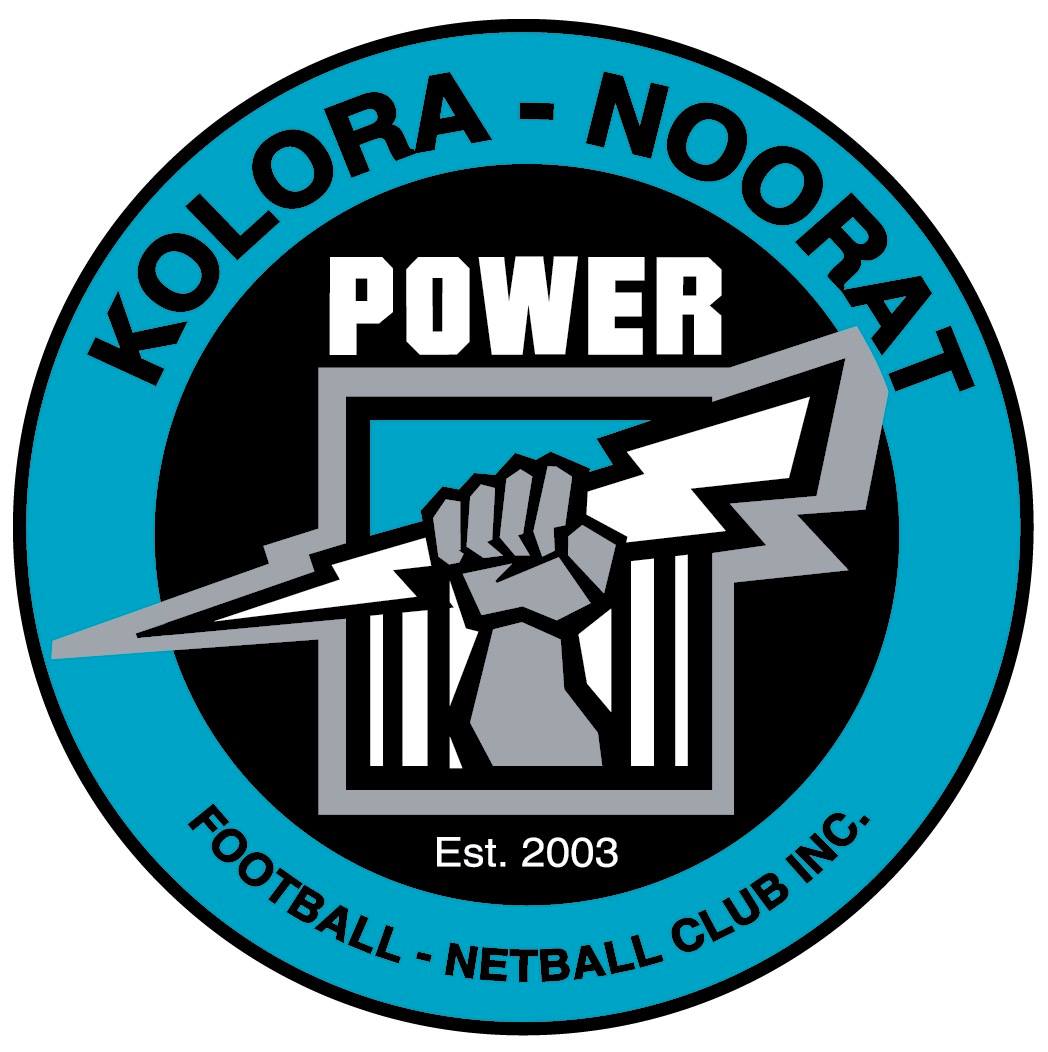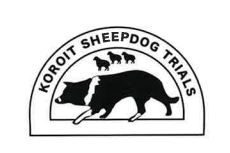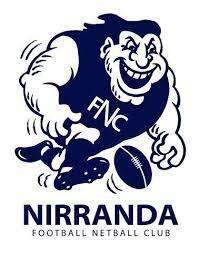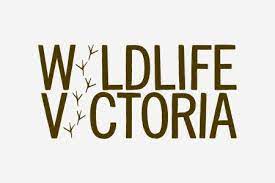At our recent CalfWise workshop, the topic of colostrum antibodies came up: what they are and why they are important. As it’s time to start planning colostral vaccinations we thought it would be worth revisiting.
What are antibodies?
Antibodies are the first wave of our body’s immune system army. We make these tiny proteins that then patrol the body looking for bacteria and viruses. If antibodies find any bugs, they hold onto them until the body’s white blood cells come along and eat them up.

Antibodies are also known as immunoglobulins (Ig), and there are different versions for different areas of the body. IgG, for example is found in the blood, while IgA is found inside the gut. There are also specific antibodies for specific diseases. If you consider the antibodies as an army (like the Bastille day parade below), there is a specific troop that is always on the lookout for and fights just the one bacteria or virus.

How do calves get antibodies?
Due to the structure of the cow’s placenta, antibodies cannot cross from her bloodstream to that of her calf. This means that calves are born without any antibodies at all. Instead, the cow moves the antibodies from her bloodstream into her colostrum. The calf must consume this colostrum, and the antibodies it contains must cross from the calf’s intestines into the blood stream in order to provide protection against disease. To add to the complexity, the calf’s intestines only allow the antibodies through for the first 12–24 hours of life and so this feed of colostrum must be soon after birth.
Can we improve the antibodies in colostrum?
Vaccinations are one way of increasing antibodies against specific diseases. Vaccination makes that antibody “troop” bigger and stronger. To increase the antibodies in colostrum to improve protection in newborn calves, the vaccinations need to be given to the cows prior to calving – usually at drying off. This maximises the number of antibodies in the colostrum at calving time. Vaccinations are available for several of the common causes of calf diarrhoea (or scours): rotavirus, coronavirus, E. coli and Salmonella.
Most vaccines need two doses to begin with followed by annual boosters. For example, Scourshield needs 2 doses 3 to 9 weeks apart with second dose 2 to 6 weeks pre-calving.

Will colostral vaccination eliminate disease?
Vaccination is just one tool to help reduce disease in calves. Calves still need to consume and absorb the colostrum and the antibodies it contains. We recommend hand-feeding measured, good quality first milking colostrum to calves soon after birth.
